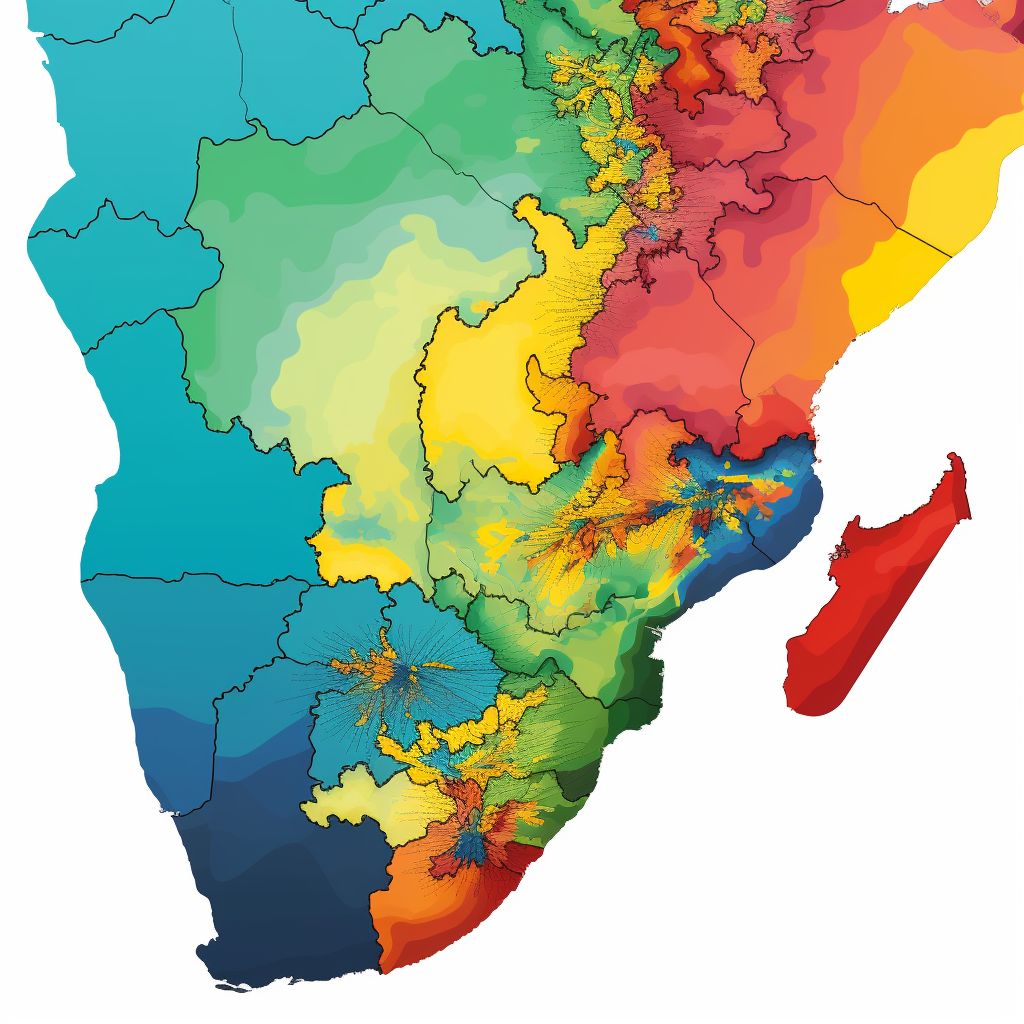Youth plays a crucial role in shaping the future of the world, as emphasized by renowned personalities like Chairman Mao and Nelson Mandela. In the context of the BRICS nations, young people hold immense potential to impact the global geopolitical landscape and foster socio-economic growth.
The Importance of the BRICS Youth Summit
The BRICS Youth Summit brings together young minds from member countries to discuss and share ideas in order to help shape youth development policies that are relevant in today’s rapidly shifting global geopolitics. The summit serves as a platform for sharing ideas and elaborating policies that guide the actions of young individuals, allowing them to help their generation “let their greatness blossom.”
Addressing Challenges Faced by Youth in BRICS Nations
Access to information and communication technologies (ICT) allows youth from BRICS nations to engage more frequently, robustly, and collaboratively. As active participants in shaping public policy, young people must exert pressure on their governments to prioritize issues such as education, job creation, climate change, and social justice. Unemployment, inadequate educational opportunities, and social inequalities are some of the pressing issues faced by young people worldwide, particularly in South Africa and Africa as a whole. The Youth Summit should consider these challenges and provide policy recommendations to governments to help harness the potential dividends of ICT for the youth.
Promoting Inclusive Growth and Sustainable Development
BRICS nations can play a crucial role in leading the global south toward a new era of finance, debt relief, and sustainable growth. By focusing on inclusive growth, these countries can help reduce inequality within and between nations, creating a more balanced global financial structure. Through initiatives such as the New Development Bank (BRICS Bank), alternative sources of funding for development projects can be provided for BRICS and other emerging economies.
Addressing Climate Change and the Future of Work
The world faces the existential threat of climate change, and the role of the youth in shaping climate change policies within the bloc and their respective countries is essential. The BRICS nations, as key actors in the global energy landscape, must transition to a more secure and sustainable energy system. The future of work is rapidly evolving due to technological advancements, globalization, and demographic shifts, as well as the ongoing COVID-19 pandemic. Skills development policies should be designed to facilitate continuous learning, while digital inclusion must be a key pillar of any future work policy.
In conclusion, the BRICS Youth Summit presents an opportunity for young people from member countries to actively participate in shaping the future of their nations. Embracing their vigor and vitality, these young individuals can propose policy platforms that address the challenges and opportunities faced by their generation and contribute to a better world for all. Leveraging innovation and entrepreneurship can create a south-south supply chain that strengthens the BRICS nations’ position in the global digital landscape.








